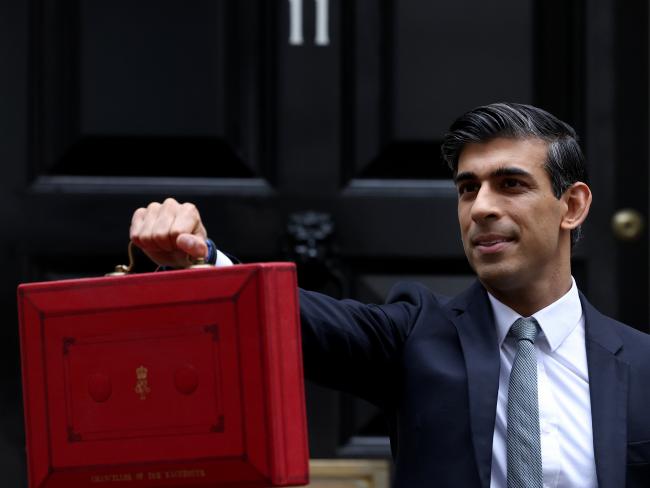23 April 2022

Civil servants have strongly criticised the government, their employer, for setting a low cap on pay rises. In the face of sharp increases in the cost of living, their trade unions are tacking stock before deciding on the next steps.
Pay is negotiated separately by each department or government agency, but it sets out a “remit” each year which puts a limit on settlements. This year’s announcement at the end of March set the figure at a maximum of 2 per cent, with the possibility of a further 1 per cent flexibility for “specific priorities”.
No irony
The Cabinet Office minister told Parliament, without any hint of irony, that the government “…wants to ensure that it is attracting the best and brightest to work for the Civil Service, and rewarding hard working staff fairly.”
Civil servants are unimpressed. Even 3 per cent is nowhere near enough to maintain standards of living, especially since settlements have been zero or very low ever since the 2008 financial crisis, an effective drop of around one-fifth in real pay. And their experience is that any flexibility in settlements works only in favour of the employer.
Insult
PCS, representing the majority of civil servants, described this as an insult to their members, who include many on low pay that the government says it wants to help. PCS had already made a claim for a 10 per cent rise and a return to national pay bargaining.
Around 45 per cent of PCS members voted in a consultative ballot conducted before the remit announcement, a far higher proportion than normally do so. They overwhelmingly agreed with the pay claim (97 per cent of those voting). And 81 per cent said they would be willing to take industrial action.
‘The union will have to ballot in 250 areas.’
The level of participation by PCS members is a positive start. But a significant issue is that the union will have to ballot and conduct action in each of the nearly 250 employer areas. It’s one reason behind the call for a return to national pay settlements after decades of local bargaining – where the government stands behind the separate employers with a big stick.
Hopes
But there’s little sign the government is willing to concede on national negotiations, or that the union will be able compel it to do so. Until then, civil servants’ hopes for pay increases rest on stronger, better organised areas forcing the pace – or even taking the initiative themselves, as some did in last year’s pay round.
FDA and Prospect, the unions representing senior civil servants and technical specialists respectively, responded in similar terms – “a disgrace” said Prospect. Both unions have taken a more cautious line on how they might respond. And the FDA is looking to change the pay system, linked to the government’s intended wider civil service reform. That’s been tried in the past but has ended up strengthening the employer’s hand.
